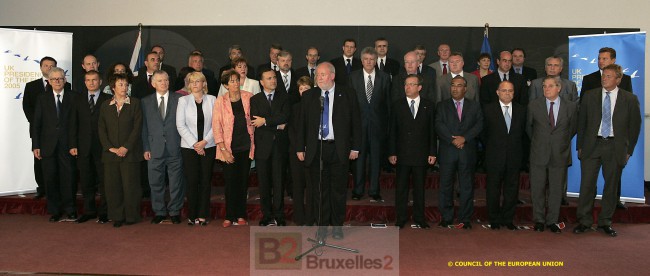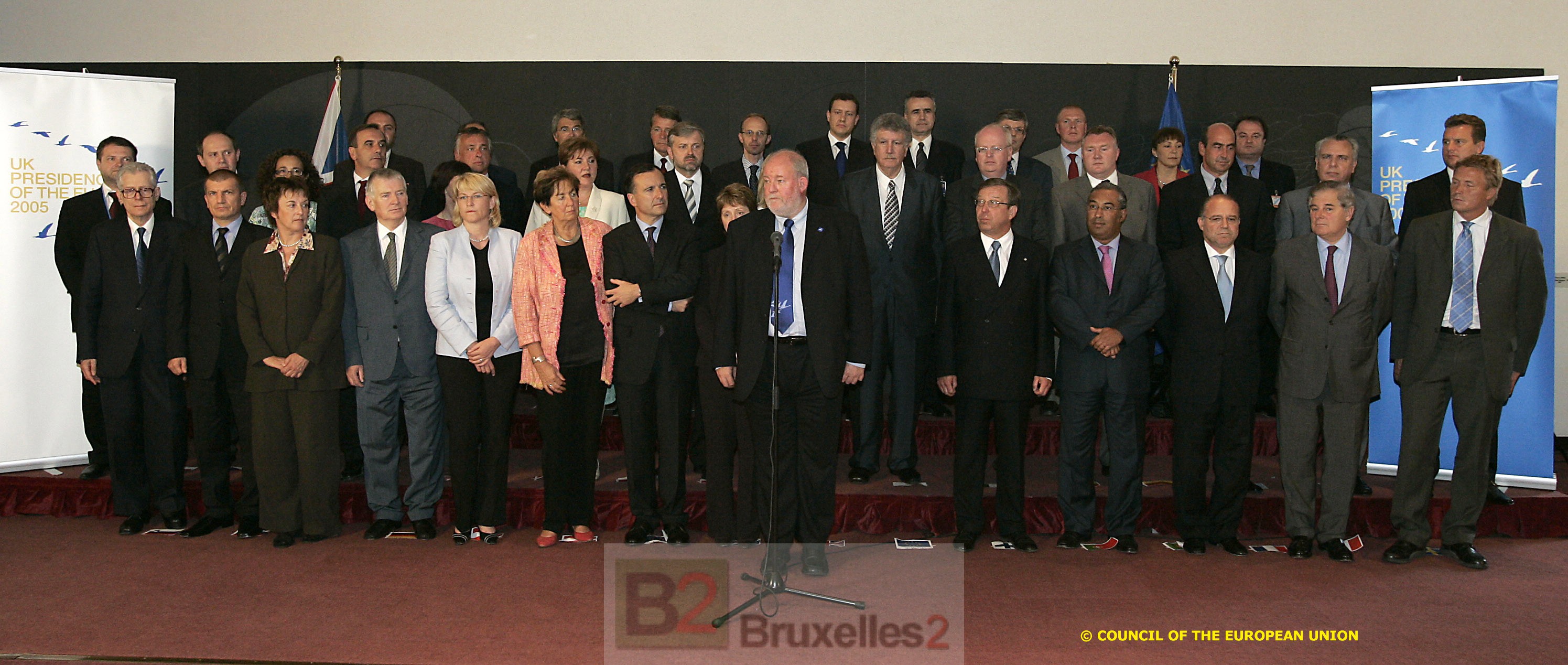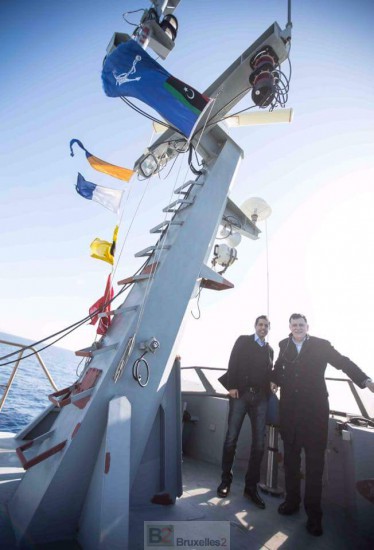After the London attacks, 20 measures against terrorism

(archives B2 *) Sent in about two hours, the special meeting of the Ministers of Justice and the Interior devoted to terrorism in Brussels, this July 13,
was above all an opportunity to express the " solidarity of Europeans with the British after the London attacks. The 25 have mainly taken over the anti-terrorist plans drawn up in 2001 and 2004 (after the attacks in New York and Madrid). By updating the calendar, which has often been exceeded.
The updated calendar
The ministers thus recalled the need to quickly come to a conclusion on some twenty texts, starting with the possibility given to the police services to keep track of telephone calls, the warrant for obtaining evidence, the exchange of information on offenses terrorists between judicial and police authorities, the communication of files to Europol and Eurojust of all "terrorist" files. By October 2005, they have opted for the interconnection of all Schengen, Visa and Asylum files and encourage the addition of biometric data for identity documents.
Fight against the financing of terrorism
The 25 also defined some priorities on the financing of terrorism, to adapt to the financing of terrorism by going towards the liquid agent and charities. They also called for the integration in all identity cards in Europe of biometric elements (photo or computerized fingerprints).
The issue of radicalization
« The generalization of biometrics – to have a trace” – and the conservation of telephone data – a key point, (are) two important measures” commented Nicolas Sarkozy. But faced with the hyper-radicalization of terrorists", certain questions must be asked: should we fight this terrorism with the same methods as before? He was also very interested in the British experience of video recording which " has demonstrated its usefulness ". This " experience gives us ideas ».
No tolerance for radical imams but a question on integration
The French Minister of the Interior, who made a whirlwind visit to Brussels, also felt it necessary " to have a legal, political reflection on sports or cultural social associations serving as a screen for radical or terrorist ideological activities " and of " monitor places of worship and prisons ».
« Is the culprit the one who is weak and has been influenced or the one who, by virulent preaching, encourages action? » asks Nicolas Sarkozy. You must not have tolerance vis-à-vis radical imams who are only a screen. Almost all Muslims want to live in peace. The whole question is to have an Islam of France and not an Islam in France. The answer is not only a repressive question, but also the question of integration. Young Europeans born in Europe and trained in kamikaze techniques, question us about our integration model. »
A threat to France
The terrorist threat also concerns France, said Interior Minister Nicolas Sarkozy in Brussels. " We discover in these teams links with young French people. We discover 6 young French people who died in Iraq. (...) Afghanistan, in particular, and the GSPC, an Algerian movement which is part of the Al-Qaeda movement, we are particularly worried about, he explained to the press.
(Nicolas Gros-Verheyde)
Attacks by 4 suicide bombers
British Home Secretary Carles Clarke confirmed at the start of the meeting that the London bombings had been committed by 4 suicide bombers, British citizens born in Britain but of Pakistani origin. But he denied that they were arrested.
It's wrong " he added, thus contradicting what the French Minister had indicated, even before the Council of Ministers was over. This angered the British minister. " I'm sorry to say. It must be the direct style of Mr. Sarkozy, perhaps it is because he attended only part of the Council... arrived late, left early "!
Charles Clarke was also keen to ensure a certain difference in approach to the monitoring of Islam. Nicholas Sarkozy " no doubt sees the best for France. We consider the situation of certain preachers in certain circumstances. (But) saying that surveillance is a solution is a step that should be avoided. We will work with Muslim communities. »
(*) Extended and completed version of an article published in Ouest-France


